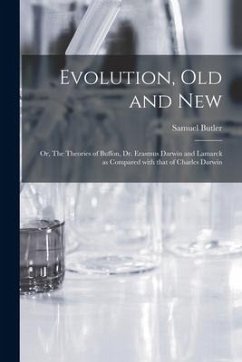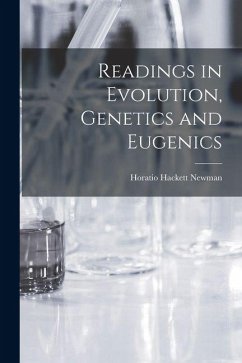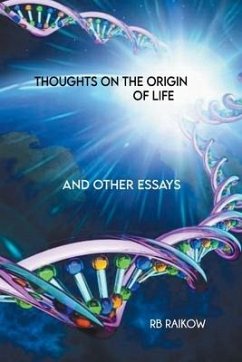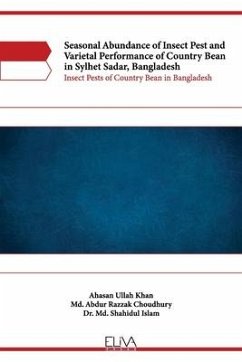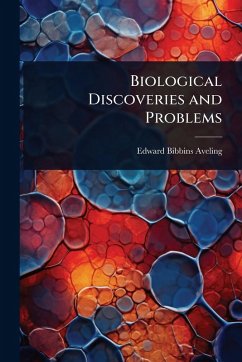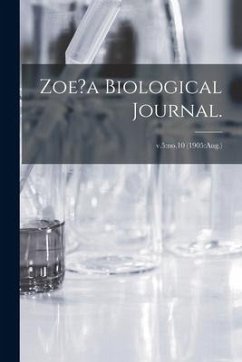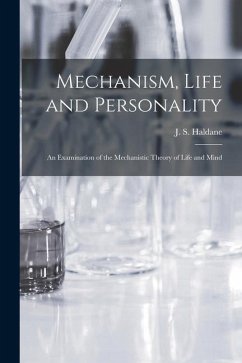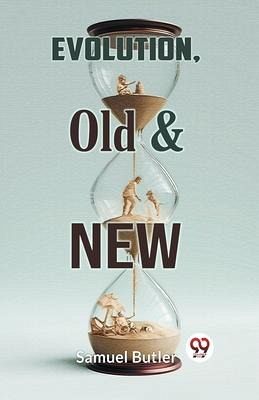
Evolution, Old & New
Versandkostenfrei!
Versandfertig in über 4 Wochen
16,99 €
inkl. MwSt.

PAYBACK Punkte
8 °P sammeln!
"Evolution, Old & New" is a notable work by Samuel Butler. This book makes an important addition to the debates over Charles Darwin's theory of evolution and its implications for understanding the origins and development of life. Samuel Butler was Charles Darwin's contemporary, and in "Evolution, Old & New," he offers a sophisticated critique of Darwin's beliefs. Butler acknowledges Darwin's idea while also providing his own thoughts on evolution. One of Butler's main points is that evolution is not simply based on natural selection and survival of the fittest, as Darwin proposed. Instead, he ...
"Evolution, Old & New" is a notable work by Samuel Butler. This book makes an important addition to the debates over Charles Darwin's theory of evolution and its implications for understanding the origins and development of life. Samuel Butler was Charles Darwin's contemporary, and in "Evolution, Old & New," he offers a sophisticated critique of Darwin's beliefs. Butler acknowledges Darwin's idea while also providing his own thoughts on evolution. One of Butler's main points is that evolution is not simply based on natural selection and survival of the fittest, as Darwin proposed. Instead, he proposes that acquired qualities, or the inheritance of acquired traits, may play a larger role in evolution than previously imagined. Butler's work digs into philosophical and ethical issues concerning the consequences of evolution. He examines the link between science and religion, as well as the influence of evolutionary theory on traditional beliefs. "Evolution, Old & New" is distinguished by thought-provoking and frequently contentious ideas. Butler's willingness to challenge dominant scientific and philosophical assumptions of the period fueled vigorous debates in evolutionary biology and the broader intellectual discourse of the late nineteenth century.



